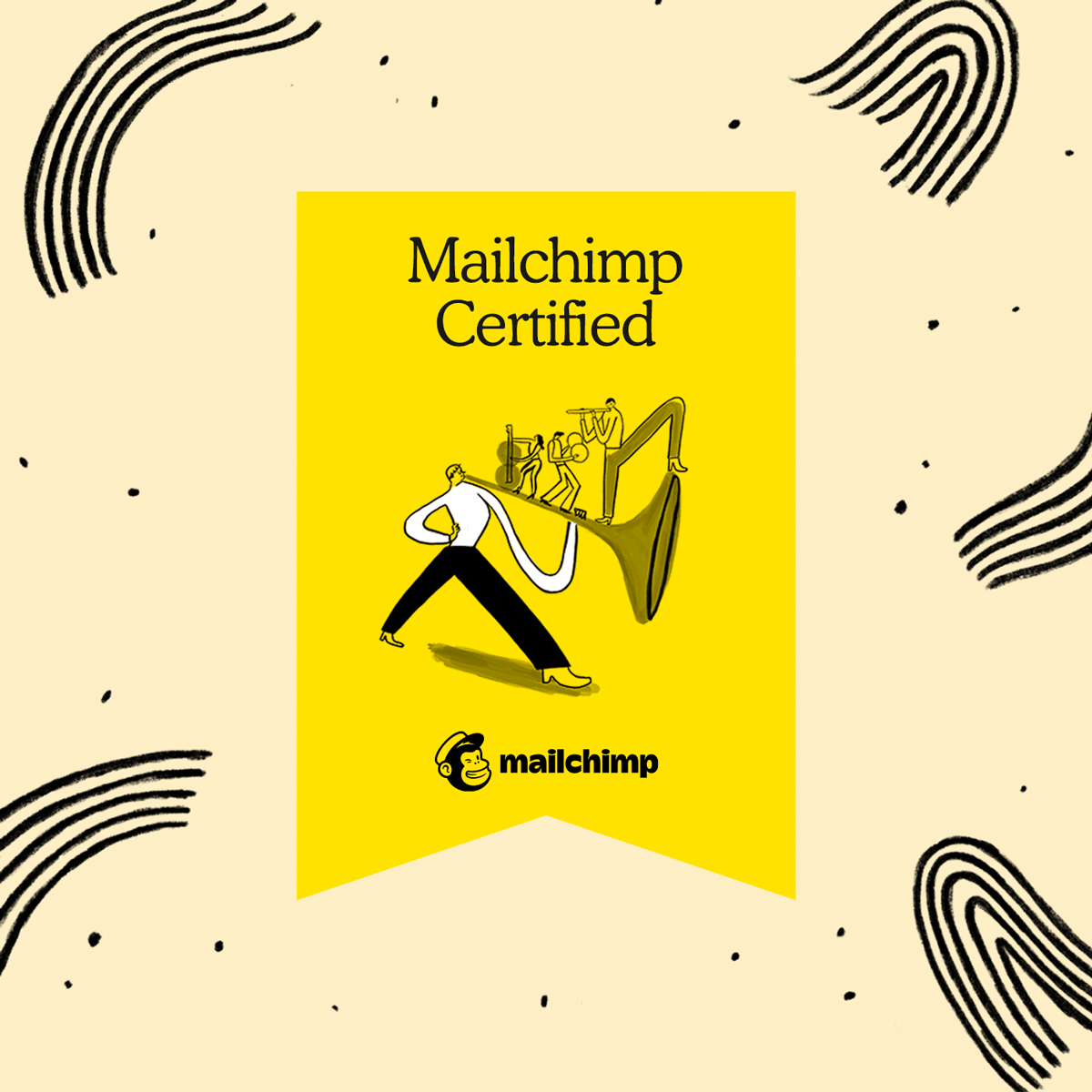Does AI Content Rank in Google? An In-Depth Look at SEO Performance
Can AI content rank in Google? Yes, if it meets Google’s quality standards and if an expert SEO Strategist is pulling the strings.
This article explains how AI content can achieve top rankings and addresses the question of “does AI content rank in Google” while outlining practices that ensure its success.
Google's Perspective on AI-Generated Content
Google’s stance on AI-generated content is a nuanced one. While Google does not outright prohibit the use of AI-generated content, it emphasises that the content must be beneficial and not created solely to manipulate search rankings. The search engine giant’s guidelines, including Google’s guidelines, are clear: AI-generated content designed primarily to game the system is problematic and could result in penalties. However, when used ethically and aligned with Google’s quality standards, AI content can co-exist harmoniously with human-generated content.
The E-E-A-T framework, Experience, Expertise, Authoritativeness, and Trustworthiness—plays a crucial role in Google’s evaluation of content quality. High-quality, people-first content, whether generated by AI or humans, is prioritised by Google. This means that for AI-generated content to rank well, it must meet the same rigorous standards as human-generated content. Google’s algorithm favours content that is original, relevant, and provides real value to the users.
For a foundational overview, here’s everything you need to know about SEO.
Automation in content creation is not a new phenomenon; it has been utilised for years in various helpful formats. What sets AI apart is its ability to generate content efficiently and at scale. However, Google emphasises that human-generated content often adds more value for readers due to its depth and engagement, especially when using AI-generated content and AI generation.
Therefore, while artificial intelligence can be a valuable tool to use in the content creation process, it should be used responsibly and in conjunction with human oversight to ensure the production of high-quality content and generative AI.
Can AI-Generated Content Rank in Google?
The potential for AI-generated content to rank in Google is undeniable, provided it meets Google’s quality standards. Effective AI content must be helpful, relevant, and original, in line with the search engine’s guidelines. Interestingly, 19% of the top-ranking content on Google is now AI-generated, illustrating its potential to achieve high rankings when done correctly. Moreover, AI generated content can play a significant role in this process.
However, the journey to high search rankings is fraught with challenges. Unchecked AI content can lead to penalties from search engines due to inaccuracies and other quality issues. Therefore, adhering to the search engine guidelines and ensuring that AI-generated content meets Google’s stringent standards is crucial for success.
This section will further explore the factors affecting AI content rankings and present real-world case studies to illustrate its performance.
Explore proven ways to drive more traffic to your site alongside your SEO efforts.
Factors That Affect Ranking
Several factors influence the ranking of AI-generated content on Google. One of the primary criteria is the E-E-A-T framework, which evaluates content based on its expertise, experience, authoritativeness, and trustworthiness. Google’s algorithm promotes original, high-quality, and people-first content that demonstrates these qualities. When utilised effectively, AI-generated content can improve search engine rankings by aligning with these best practices, helping to create top-ranking pages as a direct ranking factor.
User engagement metrics such as dwell time, click-through rate, and bounce rate are critical indicators of content quality. Content that resonates with readers enhances audience engagement, which is vital for higher rankings. AI can also assist with various SEO tasks, including automating metadata optimisation, site audits, and indexing checks, thereby improving overall SEO performance.
AI tools can monitor search trends and focus on producing relevant content that aligns with audience interests. By creating content clusters, interconnected pages organised around a main topic and its related subtopics, AI can support SEO through topical relevance. Therefore, while AI-generated content has the potential to rank well, it must be strategically developed and continuously optimised to meet the evolving criteria of search engine algorithms.
The Essential Role of Human Expertise in SEO
While AI-generated content offers efficiency and scalability, the expertise of a human SEO professional remains indispensable for achieving optimal results. AI tools can assist in the content creation process, but they cannot replace the strategic insights and nuanced understanding that a human expert brings to the table. SEO is a multifaceted discipline that extends beyond content creation, encompassing technical SEO, link-building strategies, and user experience optimisation.
Case Studies of AI Content Performance
Real-world case studies provide valuable insights into the performance of AI-generated content. One notable example is SEOwind, which achieved a 124% increase in impressions through the use of AI-generated content in 2023. Additionally, the increase in clicks reported by SEOwind after publishing AI-generated articles was 77%. These statistics demonstrate the potential of AI content to drive significant organic traffic when executed correctly.
However, not all AI content experiments have been successful. The Bonsai Mary website initially saw significant growth but later experienced a 95% decrease in traffic after a Google core update. Similarly, Casual.app suffered a 99.3% decrease in monthly traffic after producing AI content without human expertise. These cases highlight the risks associated with relying solely on AI-generated content without proper oversight and optimisation, which can be seen as inherently bad.
The varied outcomes of these case studies underscore the importance of adhering to best practices and continuously monitoring the performance of AI-generated content. While AI tools can significantly enhance content creation and SEO efforts, they must be used responsibly and in conjunction with human expertise to achieve optimal results.
Common Pitfalls of AI-Generated Content
Despite its potential, AI-generated content comes with its own set of challenges. One of the most common issues is the tendency to overlook nuances and audience sentiment, leading to content that may not fully engage the target audience. Additionally, AI-generated content often emphasises keyword density at the expense of quality, which can alienate readers and reduce the content’s effectiveness.
Relying solely on AI to grow a website from 0 to 100 is unrealistic. Human oversight is crucial for interpreting data, making informed decisions, and adapting strategies to meet the ever-evolving landscape of search engine algorithms. Therefore, while AI can significantly augment SEO efforts, the human touch remains essential for achieving long-term success in digital marketing.
For businesses aiming to grow their online presence, partnering with an expert agency like Visuable can provide a competitive edge. Visuable specialises in creating comprehensive SEO strategies that integrate AI tools with human expertise, ensuring a balanced approach that drives sustainable growth. By leveraging the experience and knowledge of SEO professionals, businesses can develop a tailored SEO strategy that aligns with their goals and enhances their website's visibility.
The pitfalls of AI-generated content highlight the need for human oversight and careful editing to ensure the production of high-quality content. The following subsections will delve into specific strategies for avoiding duplicate content and ensuring data freshness and accuracy, both of which are crucial for maintaining the integrity and effectiveness of AI-generated content.
Avoiding Duplicate Content
One of the significant risks associated with AI-generated content is the inadvertent production of duplicate content. Duplicate content refers to blocks of text that are identical or substantially similar across different pages of a website or across different sites. This can lead to penalties from search engines, potentially lowering the website’s search rankings.
Avoiding duplicate content requires reviewing and editing AI-generated text for uniqueness before publication. Implementing a robust content creation process that includes human oversight can help ensure that the content generated is original and engaging, allowing creators to effectively create content and produce content.
Incorporating internal links and following SEO best practices can further enhance the content’s quality and search engine performance.
Ensuring Data Freshness and Accuracy
Maintaining data freshness and accuracy is crucial for the success of AI-generated content. Outdated or incorrect information can harm SEO rankings and damage the website’s credibility. Existing data shows that AI tools may struggle to verify information accuracy, often pulling from unreliable or old sources, which can lead to the dissemination of outdated content.
Regularly updating AI-generated content and verifying the information before publication is essential to ensure data accuracy. Human oversight plays a critical role in this process, as it helps to identify and correct any errors or inaccuracies.
By keeping the content up-to-date and reliable, websites can maintain their credibility and improve their website’s visibility and search engine performance through a helpful content system.
Enhancing AI-Generated Content for Better SEO
Enhancing AI-generated content for better SEO involves a combination of content strategy, strategic planning, and human intervention. While AI tools can significantly expedite the content creation process, human oversight is crucial to ensure the content meets high-quality standards and resonates with the target audience, as advised by SEO experts. Additionally, utilising content tools can further streamline this process.
This section will explore various strategies to optimise AI content, including editing, keyword research, and integrating brand voice.
Editing and Humanising Content
Human input is vital for enhancing the creativity and emotional depth of AI-generated content. Editing AI-generated content to include unique insights and personalised brand voice can significantly improve its quality and engagement. The final editing process should be an integral part of the content creation workflow, ensuring that the content is polished and meets the desired standards.
AI tools assist rather than replace human content writers, helping to expand and speed up their capabilities of producing high-quality content. Human writers bring flexibility, originality, and a personal touch that an AI tool often lacks, making the content more relatable and engaging for readers.
Want to learn about how to write effective website content that drives conversions?
Leveraging AI Tools for Keyword Research
AI tools can be powerful allies in keyword research, analysing vast datasets to uncover patterns and trends quickly. These tools can identify high-value keywords and suggest topics based on search volume and relevance, saving marketers considerable time and effort. By automating keyword research, AI allows marketers to focus on strategic content development and optimisation and generate keyword ideas from search queries.
Using AI for keyword research helps in generating keyword ideas that align with search intent and improve search rankings. This approach ensures that the content is relevant and meets the audience’s needs, ultimately driving more organic traffic to the website.
Integrating Brand Voice
Integrating brand voice in AI-generated content is essential for creating a cohesive and branded experience that effectively engages the audience. AI has the advantage of maintaining consistency in tone, style, and messaging across content, which is vital for brand recognition. However, AI tools have limitations and cannot fully replicate the unique writing styles or tones of a brand, making human input necessary.
Incorporating unique experiences and authentic elements into AI-generated content adds credibility and enhances its helpfulness. As audiences increasingly seek authenticity and connection with brands, maintaining a strong brand voice in AI content is crucial for effective content marketing.
Best Practices for Using AI in Your SEO Strategy
Incorporating AI into your SEO strategy can be transformative, but doing it right requires a blend of best practices and continuous optimisation. Google’s Helpful Content Update underscores the importance of creating helpful content that meets audience needs. To maximise the benefits of AI-generated content, maintaining high standards and regularly monitoring and adjusting your strategy is essential.
Responsible use of AI means prioritising people-first content over attempts to leverage AI game search results. Combining AI with human oversight enables marketers to excel in the digital marketing SEO landscape.
This section will delve into combining AI with human expertise and the importance of ongoing content monitoring and adjustments.
Combining AI with Human Expertise
The synergy between AI and human expertise leads to superior content outcomes. AI supports human writers by handling repetitive tasks, allowing them to focus on creativity and strategic planning. This collaboration results in a more nuanced understanding of audience engagement and content effectiveness.
Monitoring and Adjusting Content
Regularly assessing AI-generated content is crucial to identify areas needing enhancement to meet evolving SEO standards. These assessments can highlight where the content may lack relevance or quality, prompting timely updates. Adjusting AI-generated content based on performance metrics ensures alignment with audience expectations and improves SEO performance.
Such adjustments help in keeping the content engaging and relevant, ultimately enhancing SEO performance. Continual monitoring and refinement of AI-generated content, including meta descriptions, ensure that it remains effective and meets the needs of website visitors.
Summary
AI-generated content has the potential to revolutionise the SEO landscape by providing high-quality, scalable content solutions. However, its success depends on aligning with Google’s quality standards, incorporating human oversight, and continuously optimising content. By understanding Google’s perspective, recognising the factors that affect ranking, and implementing best practices, businesses can effectively leverage AI for improved SEO performance.
In conclusion, the integration of AI in content creation, when done responsibly, can lead to significant SEO benefits. By combining AI efficiency with human creativity and expertise, businesses can produce engaging, high-quality content that ranks well in search engines and resonates with their audience. Embrace the power of AI, but always remember to keep the human touch.
Looking to Boost Your Rankings with Smarter Content?
Our free consultation is here to help you gain clarity, explore tailored solutions, and design a strategy that aligns with your goals and brand vision. Whether you're looking to enhance your website design, implement powerful plugins, or boost your SEO performance — our team is here to guide you every step of the way.
Let’s build a site that not only looks amazing but also drives real results.

































